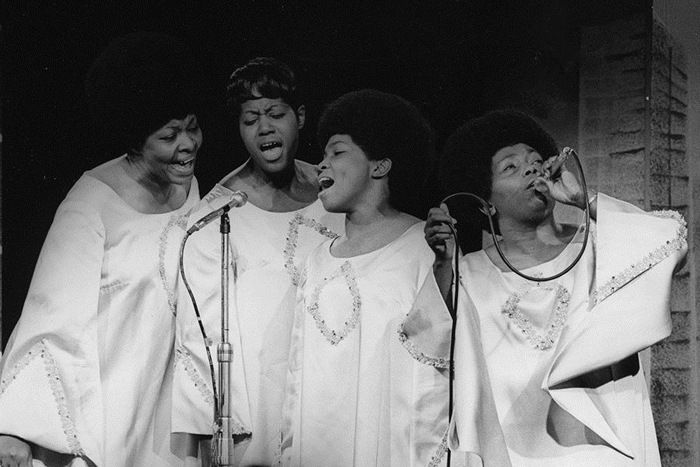Negro spirituals and spiritual music are the sources of some African American gospel music. The majority of the songs in the Gospel depict various biblical story themes as well as a relationship with God. Three styles of gospel music first appeared in the 1930s: hymnal, soul, and exuberant. Many people observed a change in the sound of Gospel during this time. Thomas A. Dorsey, known as the “Father of Gospel Music,” was a major catalyst for the modern gospel movement, fusing spirituality with a jazzier sensibility.
The Jubilee Quartet’s influence on gospel music, which improved both its sound and production methods, is the unique connection between gospel music and the group.
In order to raise money for historically black universities and college choirs, the Jubilee Quartet was formed. Fisk University produced the first Jubilee Quartet in 1871. They would sing a variety of spirituals and what are now known as African-American Gospel arrangements as part of this ensemble. “Jubilee” alludes to emancipation from a variety of hardships, including slavery. Slavery having only been outlawed a few years before to this, and some recently released slaves had the chance to pursue an education. Following the Fisk University Quartet were a number of groups known as Jubilee Quartets, Norfolk Jazz, Birmingham Jubilee Singers, and Selah Jubilee Singers.


